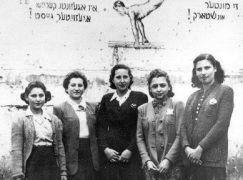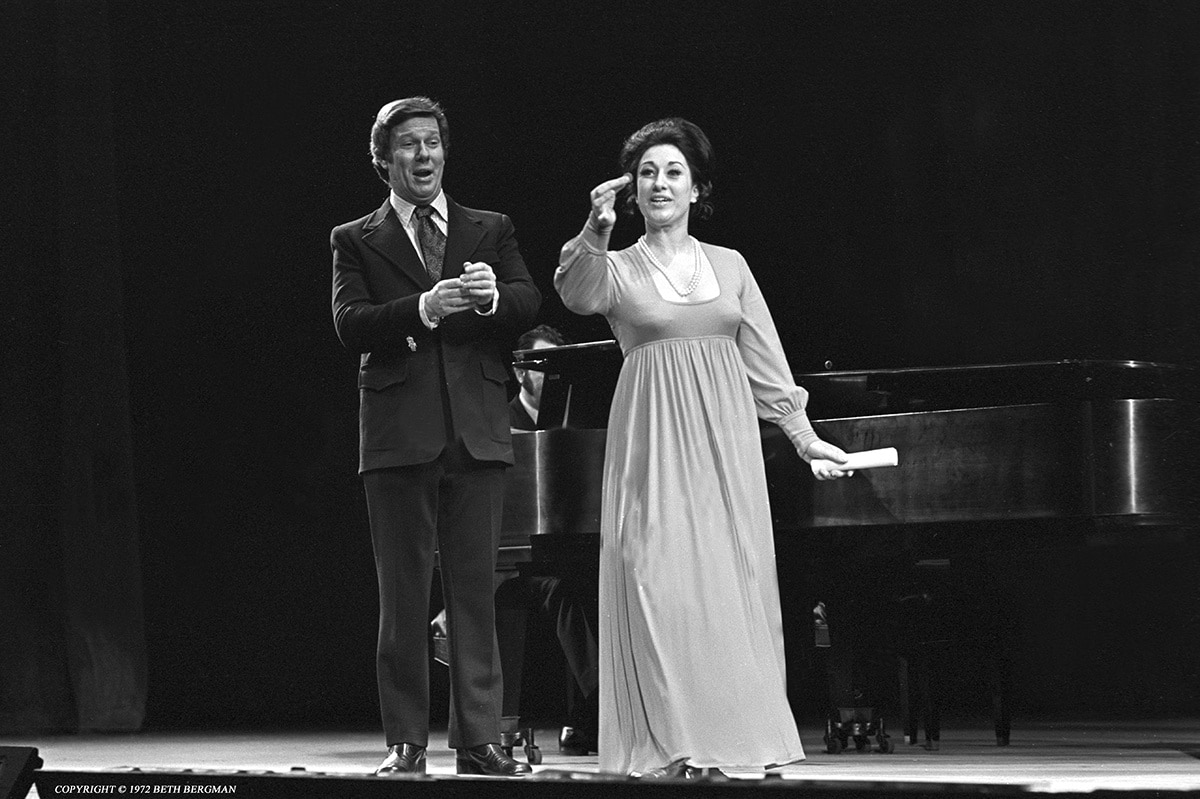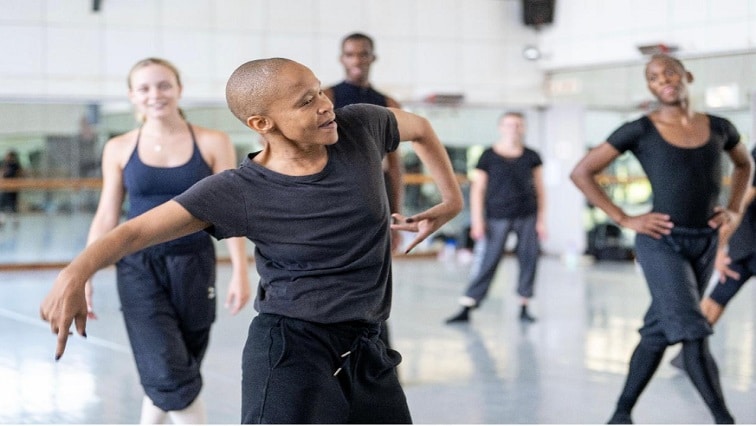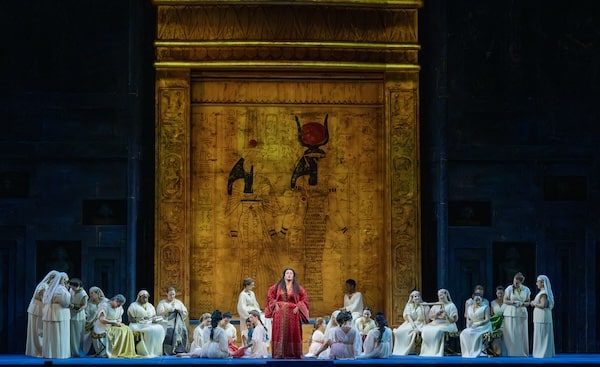Their people killed my people
mainAn extraordinary new composition by Jessica Krash, based on questions she is asked in Vilna, Lithuania.
Never forget.


An extraordinary new composition by Jessica Krash, based on questions she is asked in Vilna, Lithuania.
Never forget.

The soprano Loretta Di Franco Pinto, who sang…

The death has been made known of the…

From the Berliner Zeitung: …How dangerous real music…

A tenor who was audibly below par, an…

Session expired
Please log in again. The login page will open in a new tab. After logging in you can close it and return to this page.
Bravo Jessica!
Thank you!
“More than 95% of Lithuania’s Jewish population was massacred over the three-year German occupation — a more complete destruction than befell any other country affected by the Holocaust. ”
( source: Wikipedia )
Beautiful, Jessica!
Thank you! and hi!
Thank you, Jessica Krash, for drawing attention to this very special Jewish community in such a movingly compelling way. You’re a masterful, soulful composer. My family came from Vilna and all my musical influences as a youth were from survivors from Vilna who were my teachers.I feel very fortunate for having been inspired by the cultural power of this once great center of music.
Are you the Gary Karr, the bass player?
Yes, I am. Thanks for remembering me.
Gary Karr, I missed you by one or two years at U/Wisconsin -I graduated in ’64. But we have one common thread and that was luthier Lawrence LaMay. I understand you were the impetus for his move to build basses. I’ve played a LaMay violin ever since I graduated from the UW. My violin is allegedly the twin and mirror image of Rudolf Kolisch’s LaMay, a purpose built “backwards” violin. (Kolisch bowed with his left hand because of a childhood injury to the tip of some left hand fingers.) I have since acquired another violin and a viola by Mr. LaMay. At Wisconsin I studied with Robert Basso who was gone by your arrival; and for my last semester with Won Mo Kim.
Jon Teske, Maryland
Thank you Gary Karr! Like you, my music teachers were almost all from Eastern Europe (as were my grandparents). The one exception was the marvelous Patricia Zander, who was British. I knew she had studied in France with Vlado Perlemuter, a specialist in Ravel. So I thought of Perlemuter as French, but when I looked up his bio, I saw that he too was from Lithuania! I visited Lithuania for the first time in 2016 and was surprised how much I felt at home there. But being there, I also had to face the history, alongside the new generations of Lithuanians who are also starting to face their history. The Holocaust stories had been suppressed there during the USSR years. Working on the piece made me think more broadly about issues of “home” for descendants of refugees in other communities.
Vlado Perlmuter was taken from Kaunas to Paris at age 3 so not much of Lithuanian that actual he was born in Russian Imperia in the pale of settlement for Jews. Part of today Lithuania was taken from Prussia that built Kurshk spit. Jasha Heifetz born in Vilnus and 2nd generation of fiddlers, studied and first performed in Kovno before moving to study with L.Auer in St.Petersburg. Clear the facts and don’t invent history of Jews. As Russian speaking I felt hostility of Lithanian when traveling-not much at home. This was retaliation for ethnic cleansing by Soviet government 1940-41 and 1946-53, Lithuanian population was deposed, exile and Russian settle in.
I am especially interested in what kinds of conversations are possible with younger generations. How do we move forward after conflict in Europe, Rwanda, South Africa, the US etc.?
Great to see Krash’s work acknowledged here – in addition to writing for fine professional musicians she’s been a great supporter of amateur chamber music in the Washington DC area.
Thank you! I like activities that bring together amateur chamber musicians with composers 🙂
Dear Jessica, I am so very happy for you. While the subject is very painful, the music itself is permeated with love, humor, and hope. This is why Young Vilna has become a universal work.
Thank you Tanya. Your playing of the piece is beautiful and powerful.
I visited Lithuania in 1960-70 few times. Fascinating cultural country. Today according to census only 3ooo Jews live there from 25000 in 1960. Majority emigrated to Israel, Americas. Before WWII Jews were 2nd largest ethnic group. In Soviet time there was 40% of Jews in Lithuanian communist party. After German invaded Soviet Union most Jews run to safer region, Usbekistan,Siberia. After the WWII Jews of Lithuania consider as Polish Jews and was given opportunities to emigrate from USSR.A lot left. Many came back and emigrated latter.
Wow.
My piece was inspired by the writing of Ellen Cassedy, author of the terrific book, “We are Here – Memories of the Lithuanian Holocaust.” During her book tour in Lithuania, she spoke with Lithuanian teens who asked her questions about the Holocaust and about how to move forward.